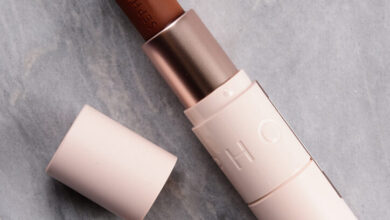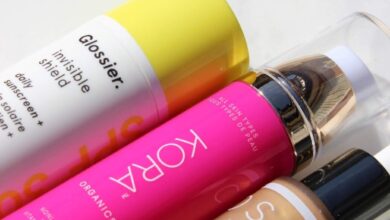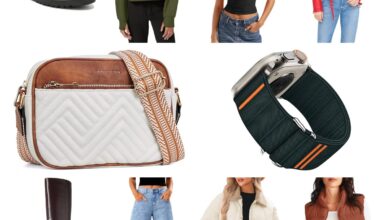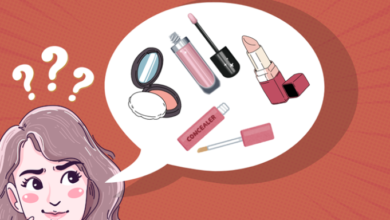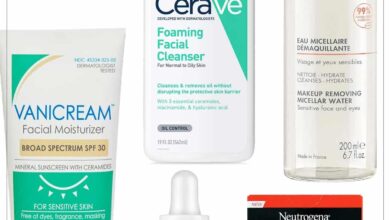Is a Comb or Brush Better for Thin Hair?
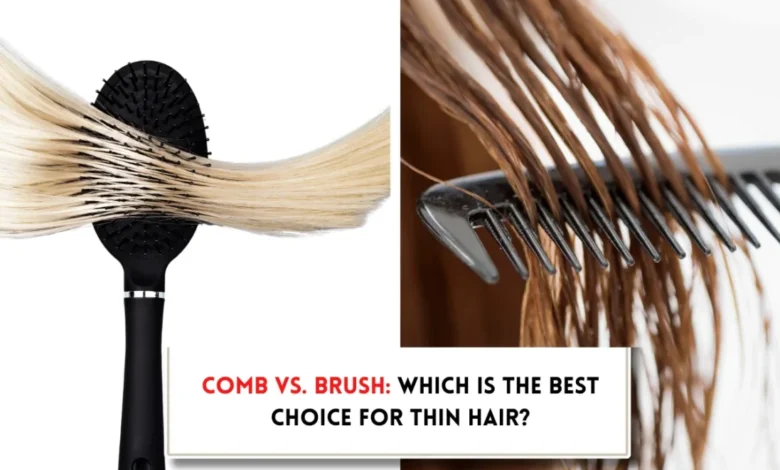
When it comes to managing thin hair, the debate between using a comb or a brush often arises. Each tool has its unique benefits and potential drawbacks, and choosing the right one can make a significant difference in maintaining the health and appearance of fine hair. Understanding the characteristics of both combs and brushes is essential to determine which is better suited for thin hair.
To begin with, it is crucial to understand the nature of thin hair. Thin hair typically lacks volume and density, making it more susceptible to damage and breakage. This hair type can also be prone to tangling, particularly after washing. Consequently, the tool chosen for styling and detangling plays a vital role in minimizing damage while achieving the desired look.
Comb or Brush for Thick Hair
While this article primarily focuses on thin hair, it is worth noting that those with thick hair often have different needs. For thick hair, brushes are generally more effective for distributing products and smoothing out tangles. The bristles can penetrate the dense strands, making it easier to manage. However, thick hair can also benefit from the gentle detangling capabilities of a wide-tooth comb, especially when wet.
Is a Comb or Brush Better for Long Hair?
Long hair presents its own set of challenges. In this case, a wide-tooth comb is often recommended for detangling, as it can effectively navigate through the length without causing breakage. On the other hand, a brush can be useful for styling, especially for creating waves or curls. Ultimately, using both tools can provide the best results, with a comb used for detangling and a brush for styling.
Is a Comb or Brush Better for Curly Hair?
Curly hair requires special care, and the right tool can make a significant difference. Many experts recommend using a wide-tooth comb on wet curly hair, as it helps to maintain the curl pattern without causing frizz. Brushes, particularly those designed specifically for curly hair, can also be effective for styling. However, it’s crucial to choose a brush with soft bristles to avoid disrupting the natural curl pattern.
Is a Comb or Brush Better for Hair?
The question of whether a comb or brush is better for hair in general often comes down to hair type and individual preferences. While both tools serve their purposes, understanding the specific needs of your hair can guide you in making the right choice. For instance, fine hair benefits from the gentle nature of combs, while thicker hair may require the robustness of a brush.
Comb or Brush for Men
Men’s hair also has its unique considerations. For short hairstyles, a comb is often the go-to tool for achieving a clean, polished look. Combs allow for precise styling and can easily create defined parts. On the other hand, for men with longer hair, brushes can help manage tangles and add volume, making them a versatile choice depending on the hairstyle.
Comb or Brush for Straight Hair
Straight hair typically benefits from the smoothing qualities of a brush. Brushes can help to distribute oils evenly and enhance shine, resulting in a sleek appearance. However, a comb can be beneficial for straight hair as well, particularly when it comes to parting and styling without causing static.
Comb or Brush for Frizzy Hair
Frizzy hair can be a challenge to manage, and choosing the right tool can help mitigate this issue. A wide-tooth comb is often recommended for detangling frizzy hair, as it minimizes breakage and allows for gentle handling. Brushes with boar bristles can also be effective for smoothing frizz, as they help distribute natural oils along the hair shaft.
Comb or Brush for Short Hair
Short hair can benefit from both tools, depending on the desired style. Combs are ideal for achieving clean lines and precise styles, while brushes can add volume and texture. Using both tools in conjunction can provide versatility and help achieve the desired look.
The Benefits of Combs for Thin Hair
Combs are often considered the gentler option for thin hair. They are designed to glide through hair more easily than brushes, which can be particularly beneficial for fine strands that are prone to breakage. A wide-tooth comb is often recommended for detangling, as it helps to minimize pulling and snagging. The teeth of a comb can easily slide through tangles without causing excessive stress on the hair shaft. This characteristic makes combs a favorable choice for those with thin hair, especially when used on wet hair, as it can help prevent further damage.
Moreover, combs can be particularly effective for styling purposes. For individuals with straight or slightly wavy thin hair, a comb can create sleek, polished looks without disrupting the hair’s natural texture. It allows for precise parting, making it easier to achieve the desired style. Additionally, combs can distribute hair products more evenly, ensuring that serums, oils, or leave-in conditioners are applied consistently throughout the hair. This even application can be vital for thin hair, as it tends to absorb products differently compared to thicker hair.
The Role of Brushes for Thin Hair
On the other hand, brushes also have their place in the world of hair care. They are particularly useful for adding volume and smoothing the hair. A brush can help create a more polished finish, making it an ideal tool for styling. For those with fine hair who are looking to add some bounce, a round brush can be an excellent choice when blow-drying. The bristles of a brush can help lift the hair at the roots, providing the appearance of added volume and fullness. However, it is essential to choose the right type of brush. Brushes with soft bristles or natural fibers are gentler on fine hair compared to those with harsh, synthetic bristles that can cause breakage.
The choice between a comb and a brush also depends on the specific styling needs of the individual. For instance, if the goal is to achieve a sleek, straight look, a comb may be the preferred tool. Conversely, if someone is aiming for a more voluminous style or curls, a brush may be more beneficial. It’s essential to consider the desired outcome and how each tool can assist in achieving it.
Another important aspect to consider is the frequency of hair washing. Those with thin hair often find that they need to wash their hair more frequently to avoid oil buildup, which can weigh down fine strands. In such cases, a comb may be more effective for detangling after washing. Since hair is more vulnerable when wet, using a comb can help minimize damage, making it a more suitable choice for post-wash styling.
Maintenance is also a critical factor in hair care. Combs are generally easier to clean and maintain than brushes. Regularly cleaning combs helps to remove product buildup and dirt, ensuring that the hair remains healthy and vibrant. Brushes, particularly those with natural bristles, require more maintenance to keep them clean and free from hair strands. For those with thin hair who want to minimize breakage, a well-maintained comb can be a more practical choice.
Ultimately, the decision between using a comb or a brush for thin hair is personal and may vary from individual to individual. Some may find that a combination of both tools works best for them. For instance, using a comb for detangling and a brush for styling may provide the ideal balance for managing fine hair. Experimenting with different tools and techniques can help individuals discover what works best for their hair type and styling preferences.
In conclusion, whether a comb or brush is better for thin hair largely depends on personal preference, hair care routines, and desired hairstyles. Combs are generally more suitable for gentle detangling and styling, while brushes can help add volume and achieve a polished finish. Understanding the unique characteristics of thin hair and the benefits of each tool can help individuals make informed decisions, ultimately leading to healthier, more manageable hair. Regardless of the choice made, the key is to handle thin hair with care, ensuring that it remains as vibrant and beautiful as possible.

